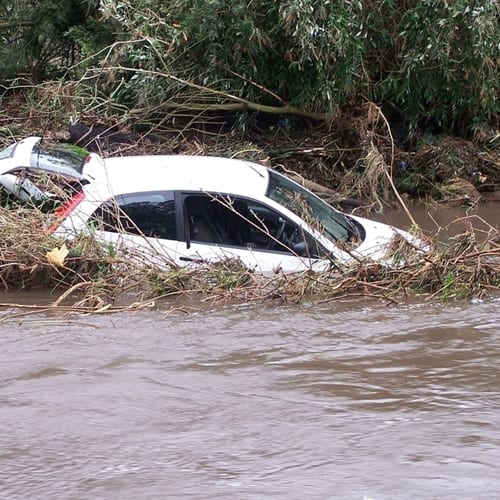Piloting a Remote Operated Vehicle (ROV) through treacherous underwater areas may bring with it inherent risks, but also many rewards, so it's no wonder that these devices are valuable. Researchers, archeologists and documentarians have obvious uses for ROVs, but it might also be worthwhile for police departments to investigate whether these devices fill a necessary gap in their work.
This can be an especially important situation for tailored ROV insurance, as police departments might not have the resources of commercial operations. For example, CBS Minnesota recently reported how a local police department acquired an aquatic device that it used following a recent car crash into a body of water in that area. In this instance, the ROV allowed the police to identify who was in the car at the time of the accident.
Though the general use of ROVs to monitor events beyond an officer's control could be subject to some debate over the role of overreaching surveillance in modern society, the use of underwater devices in this way is likely to be less controversial. Pennlive documented an instance like this in regards to the state of Pennsylvania. This could be especially when devices of this nature are publicly announced to have been deployed to help solve a specific instance of crime.
Even in relatively small bodies of water, though, ROV operators insurance may be needed to protect operators from the risk that comes with operating these devices. If a police department is unaccustomed to the ways these devices are supposed to work and the things that might happen to impede their operation, good insurance policies in this area might help educate them.

